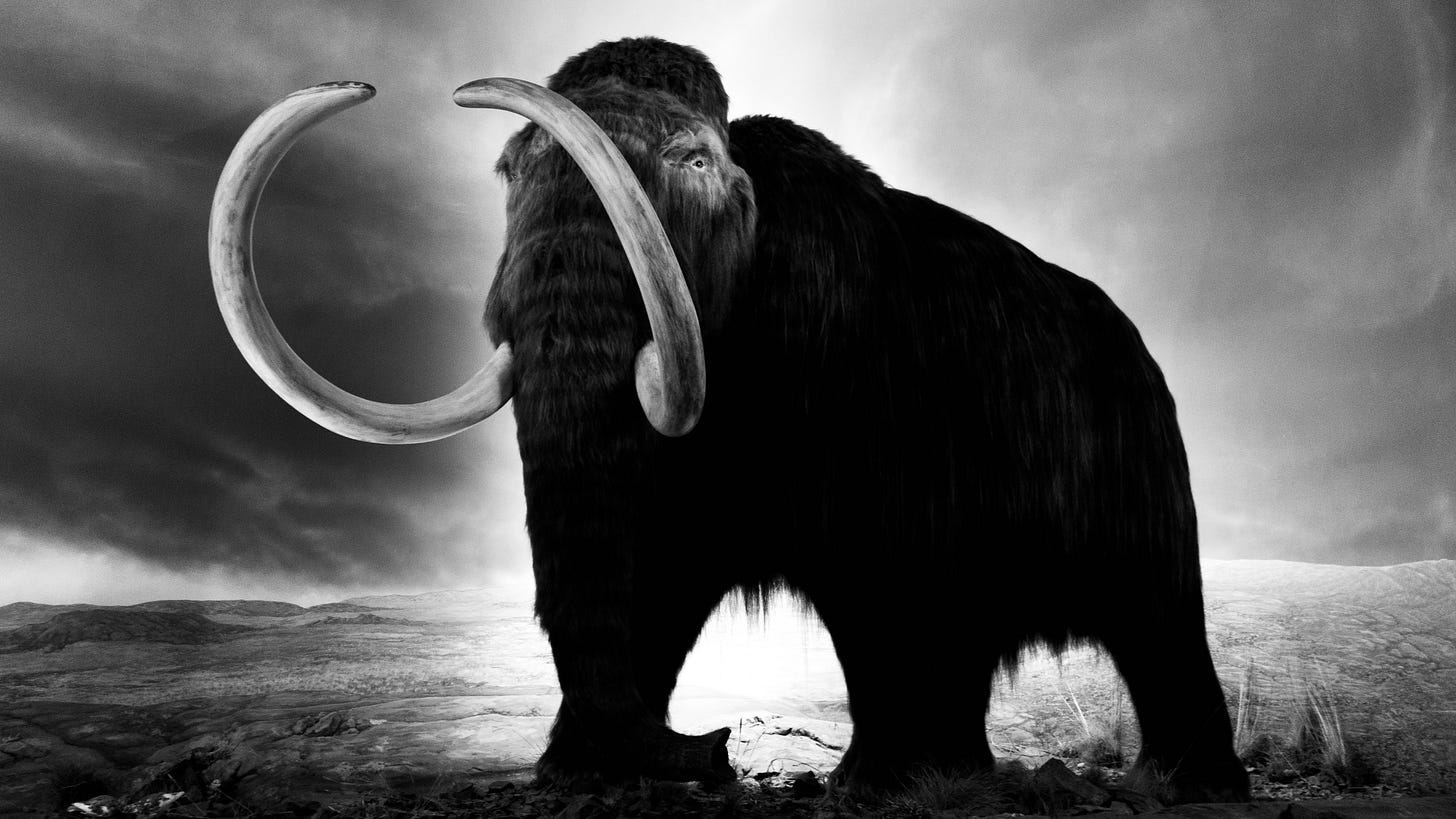The exodus from Twitter is interesting. If you listen to the social sentiment, you’ll hear that Elon Musk killed Twitter.
But let’s put Musk aside for a moment and recognize that there were issues with Twitter long before he arrived. Sure, he could have been more measured in his approach. And there are a lot of things things we don’t like about Elon Musk.
But with that, let’s recognize that the problem is not Musk. The problem is not Twitter.
It’s us.
The perverse incentive of the echo
Let’s talk basics. Traditionally, the survival of an online community or audience requires value for the participants. They have to be there for something.
And this is where it gets weird.
The value with Twitter has devolved from a place of real community to an echo chamber for our own ideas.
And when the tired themes of our agenda fail to invoke a response, we raise our game with emotion and outrage. We intentionally seed division for in-group approval and visibility. This hijacking of tone, sentiment and agenda has become an end unto itself. This is where the value now comes. This race to the bottom to is a bastardization of a common space where we should give more than we take.
From
last year (and long before Elon Musk):Last month, I wrote about “the main characterification of Twitter.” TL;DR — I believe that Twitter is a dying website and that it has entered a period of deep insularity and cultural decline and is now virtually intelligible to outsiders. Put simply, 2021 Twitter is 2015 Tumblr, 2016 Reddit, or 2013 4chan. The only difference is that it’s hopelessly-addicted user base is made up of journalists, politicians, celebrities, and academics. So we’re forced, as a society, to take Twitter’s inane message board drama more seriously than we would if we were talking about a Something Awful goon building a wildly unsafe house. Toxic Twitter power users have filled vacuums where community moderation should be and now they police the site like warlords, serving up public vigilante justice for their restless and angry followers.
As Douglas Rushkoff details in Team Human:
..the most racist and sexist memes are reposted less by their advocates than by their outraged opponents. That’s because memes do not compete for dominance by appealing to our intellect, our compassion, or anything to do with our humanity. They compete to trigger our most automatic impulses…Memes trigger and exploit our untapped fear, anxiety, and rage in order to manipulate us. They are not attacking one another; they are attacking us humans.
And doctors are not immune from this. Watching the behavior of the medical profession during COVID was an embarrassment.
Mastodon won’t save us
Now I understand that everyone is not like me. Thank God.
But my relationship with Twitter has danced on a thread between what I tolerate and the value I derive. And it’s a balance that I take seriously whenever I hit post. I know that you’ve all tolerated me from time to time, but I’m becoming more in tune with how my tone and interests affect others beyond my selfish personal mission. I’ve learned the hard way, but I can tell you that we need more of this.
Now we move to Mastodon. We celebrate our great exodus into the Promised Land. The problem is that we bring the same baggage and motivations with us. And all of our habits. The race for influence is a story as old and predictable as social media: Grab first mover advantage, evangelize the platform in the service of raising our game, and battle desperately for followers.
Rinse and repeat.
But until we commit to listening and understanding. Until we prioritize relationships over self-service, grace over glory, none of this will work.
John Halamka had it right: Technology is easy, people are hard. The richest man in the world won’t be able to save us from ourselves. And a shiny new object only creates the illusion of a fresh start.
Image via Royal Victoria Museum, Victoria, British Columbia, Canada, 2018. CC by 2.0. Modified from color to B&W.




Masterful analysis and very well written!
It's a question as old as time itself, the history of the human race. Tools and how we (choose) to use them... Do we act on impulse? Hit our neighbor over the head with our hammer. Or, do we act with (good) intent (control impulse) and use our hammer to help our neighbor, build a house, a home, a community (of man)?